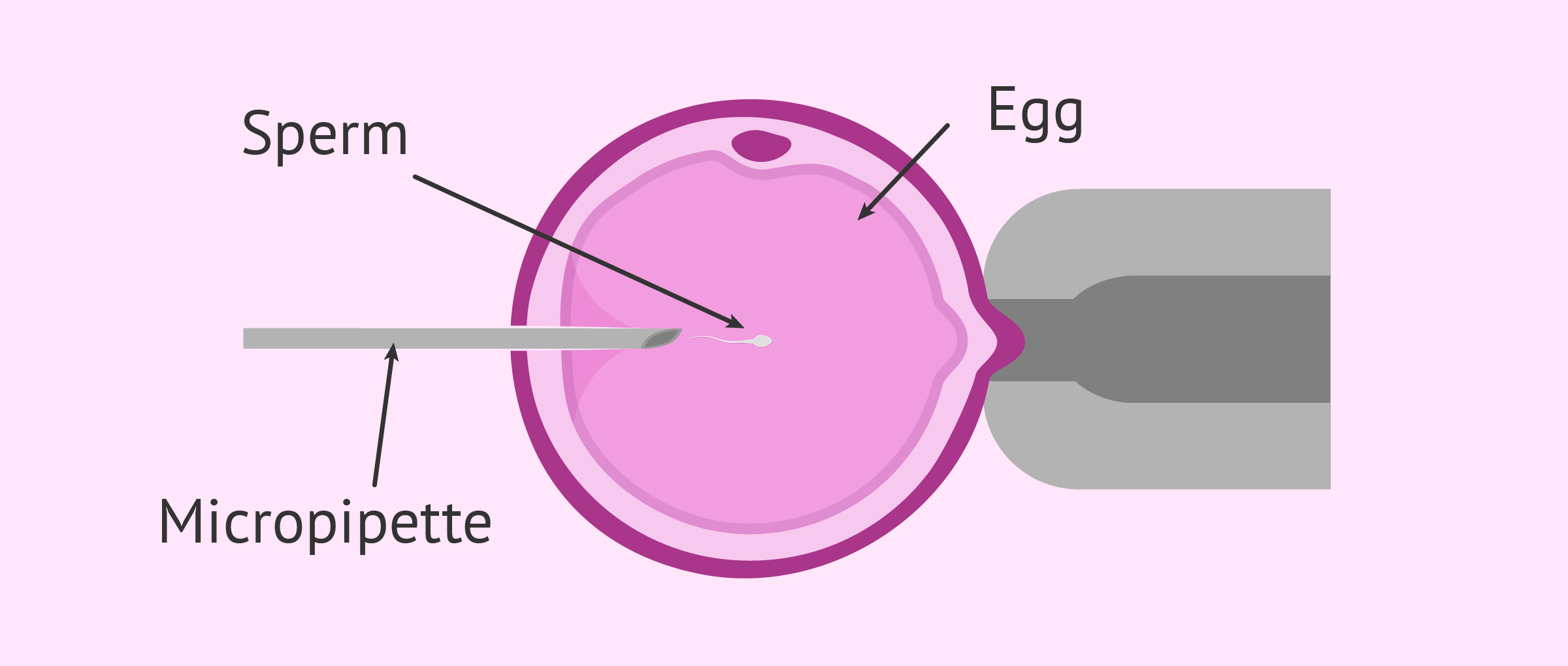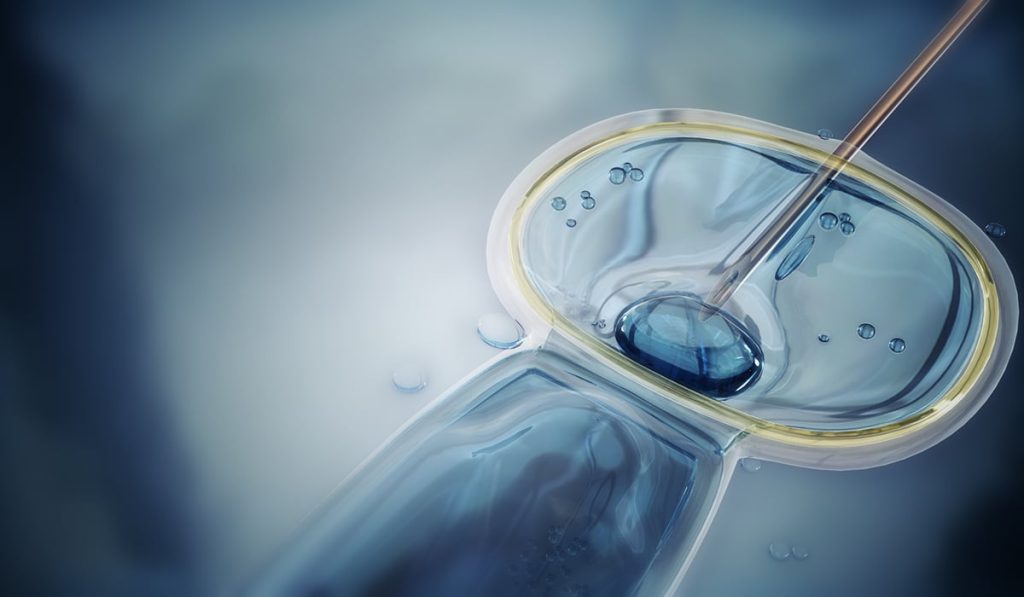Tanwir Ahmed Medical & IVF Center
- UAN: +92-304-111-8263
- WhatsApp: +92-328-4128363
- E-mail: info@tamc.com.pk
- Address: 27-C III, Gulberg III, 2nd Floor, Lahore, Pakistan
Follow us
ICSI
ICSI
ICSI
ICSI
Opening Hours
Monday - Tuesday:9am - 5pm
Wednesday - Thursday:9am - 5pm
Friday - Saturday:9am - 5pm
Sunday:Closed

Intracytoplasmic Sperm Injection
Intracytoplasmic Sperm Injection
How is ICSI performed?
There are basically five simple steps to ICSI which include the following:
- The mature egg is held with a specialized pipette.
- A very delicate, sharp, and hollow needle is used to immobilize and pick up a single sperm.
- This needle is then carefully inserted through the shell of the egg and into the cytoplasm of the egg.
- The sperm is injected into the cytoplasm, and the needle is carefully removed.
- The eggs are checked the following day for evidence of normal fertilization.

Once the steps of ICSI are complete and fertilization is successful, the embryo transfer procedure is used to physically place the embryo in the woman’s uterus. Then it is a matter of watching for early pregnancy symptoms. The fertility specialist may use a blood test or ultrasound to determine if implantation and pregnancy have occurred.
Are there specific situations where ICSI might be recommended?
ICSI may be recommended when there is a reason to suspect that achieving fertilization may be difficult. ICSI is most often used with couples who are dealing with male infertility factors. Male infertility factors can include any of the following problems: low sperm counts, poor motility or movement of the sperm, poor sperm quality, or sperm that lack the ability to penetrate an egg. Azoospermia is a condition where there is no sperm in the male’s ejaculation. There are two types of azoospermia, obstructive and non-obstructive. Obstructive azoospermia may be caused by any one of the following:
- Previous vasectomy
- Congenital absence of vas
- Scarring from prior infections
Non-obstructive azoospermia occurs when a deficient testicle is not producing sperm.
How is sperm retrieved for use in ICSI? For men who have low sperm count and sperm with low mobility, the sperm may be collected through normal ejaculation. If the man has had a vasectomy, the microsurgical vasectomy reversal is the most cost-effective first-choice option for fulfilling the desire to have children. Needle aspiration or microsurgical sperm retrieval are good alternatives when a competent microsurgical vasectomy reversal has failed, or when the man is opposed to surgery. Needle aspiration allows physicians to easily and quickly obtain adequate numbers of sperm for the ICSI procedure. A tiny needle is used to extract sperm directly from the testis. Needle aspiration is a simple procedure performed under sedation with minimal discomfort; however, there is potential pain and swelling afterward. The sperm obtained from testis is only appropriate for ICSI procedures when testicular sperm is not able to penetrate an egg by itself.
What health concerns are there when considering ICSI? There are recent indications that developing babies from pregnancies achieved through artificial insemination and particularly ICSI may face an increased risk for imprinting defects. Imprinting refers to the phenomenon by which particular genes function differently depending on whether they involve a particular chromosome passed on by the father or by the mother. Prader-Willi Syndrome is a sample imprinting defect passed on by the father, and Angelman Syndrome is a sample imprinting defect passed on by the mother. Reproductive researchers are concerned that manipulation of either gametes or zygotes may affect the imprinting process or the subsequent release. Additionally, in cases of severe male infertility problems, the genetic cause of the man’s infertility may be passed on to the offspring.

